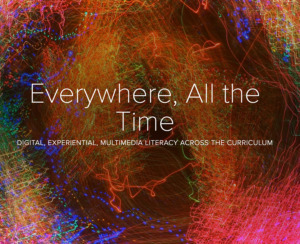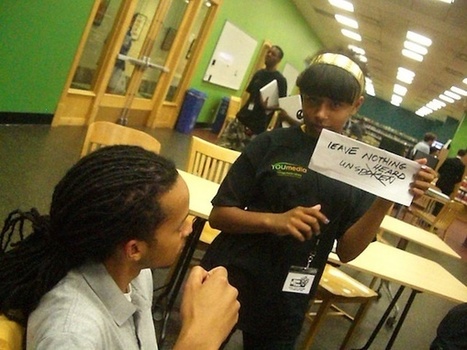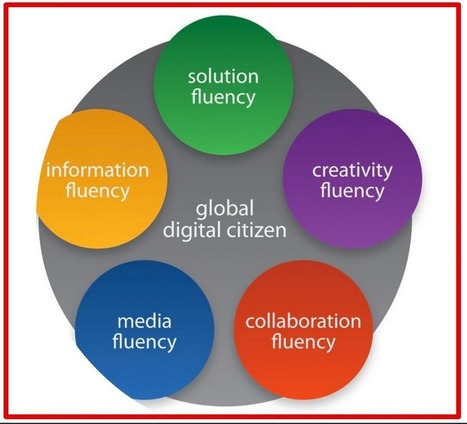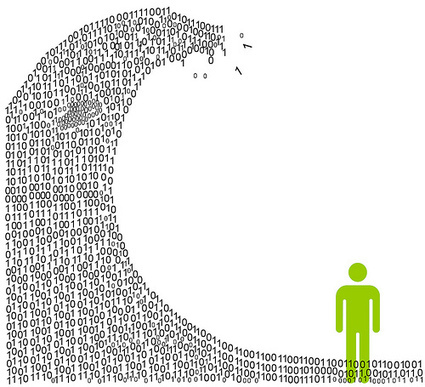Digital fluency remains on the lips of many educators and leaders around the country at the moment. TKI suggests ‘A digitally fluent person can decide when to use specific digital technologies to achieve their desired outcome. They can articulate why the tools they are using will provide their desired outcome.’ (TKI) But isn’t it a little more than that? I would argue that a digitally fluent person also understands who the learning audience is and, as a result, how to create the most impact. Beyond that, it’s an understanding of where to publish to reach an audience.
Research and publish the best content.
Get Started for FREE
Sign up with Facebook Sign up with X
I don't have a Facebook or a X account
Already have an account: Login
Literacy in a digital education world and peripheral issues.
Curated by
Elizabeth E Charles
 Your new post is loading... Your new post is loading...
 Your new post is loading... Your new post is loading...

Lee SCHLENKER's curator insight,
October 30, 2014 4:15 AM
"The 21st century fluencies", as the authors of this work state, "are not about hardware, they are about headware and heartware". 
Jeff McKinney's curator insight,
October 30, 2014 10:45 AM
The measures of our children's future success 
Debbie Rogers's curator insight,
October 31, 2014 1:01 PM
Consider fluency as dimensional and active! |
|















